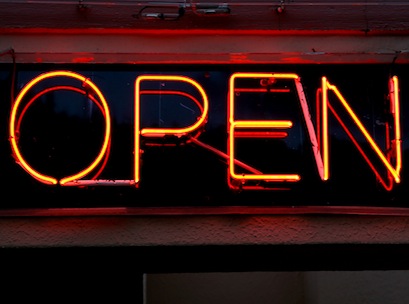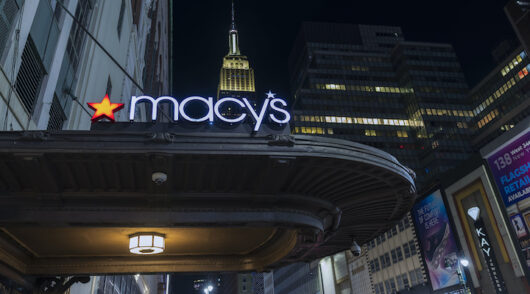 Retail bodies including the Master Grocers Australia/Liquor Retailers Australia (MGA/LRA) have slammed the Victorian Government’s proposal of increasing the number of public holidays, labelling the move as a “financial disaster for independent retailers”.
Retail bodies including the Master Grocers Australia/Liquor Retailers Australia (MGA/LRA) have slammed the Victorian Government’s proposal of increasing the number of public holidays, labelling the move as a “financial disaster for independent retailers”.
This year, the Victorian Government declared Easter Sunday as a new public holiday, and is now considering an additional public holiday for the AFL Grand Final Eve in September, which the MGA/LRA says if introduced will be a “catastrophic for small businesses”.
Jos de Bruin, CEO, Master Grocers Australia said the declaration of Easter Sunday as a public holiday has cost its members more than $1.3 million in additional wages.
“The Andrews Government might argue that there are social and economic benefits for Victoria by introducing additional state public holidays but there is also a massive downside for employers,” de Bruin said.
The MGA/LRA says if the Friday before the AFL Grand Final becomes a public holiday, it will cost its members, independent supermarkets, and liquor stores, more than $3 million in additional wages, with de Bruin stating that a casual adult employee working on a public holiday will receive $50.94 per hour under the retail award.
“How can a small independent grocer or liquor store, who is already struggling with high penalty rates, carry this additional cost burden?” Mr de Bruin asked.
“This is a poor economic decision at a time when unemployment figures are increasing, productivity levels are declining and there is increasing homelessness amongst young potential casual employees. No small business can carry such a massive financial imposition. The government seems to be ignoring the need to grow job opportunities instead Mr Andrews is destroying them. Let’s hope that the government is realistic when it comes to making the AFL Grand Final Eve a public holiday and let’s hope that common sense will prevail.”
Trevor Evans, CEO of the National Retail Association (NRA), told Inside Retail PREMIUM earlier this month that there needs to be a balance of public holidays across the country.
“I think everyone is agreed that there is a need to have some public holidays. There’s no doubt that most of the shops, with exception to fuel and necessities, can be closed on Christmas Day, Good Friday, and the morning of Anzac Day for community and social reasons,” Evans said.
“On the other days, it is okay for the other states and territories to take a different approach but they need to be careful with then taking the extra step of prohibiting shops to open on those days. They also need to be careful of how many public holidays they have in total. If those higher penalty rates are going to apply, most of the small and independent shops are going to stay closed and then a huge slice of the economy won’t function on those days.
“A huge amount of production, spending, consumption, and employment won’t take place as soon as you institute a public holiday, so it is a balancing act. Harmonisation is good, we’re okay with some of the states doing different things but when you get to the situation like we have in Victoria at the moment with so many public holidays and extra ones being suggested it’s probably going a little bit too far,” Evans said.
In Western Australia, retailers have welcomed the move by the State Government this week to not implement any changes to retail trading hours until after the next state election in 2017.
President of the WA Independent Grocers Association, John Cummings, said the premier’s announcement this week was a relief to small and medium sized store owners.
“The premier has kept his word and provided owners with a higher degree of planning certainty. I think a great many of them will be thankful for this,” he said.
Cummings said the announcement reflected independent surveys of consumers and retailers over the last two years which found that almost nine out of 10 metropolitan shoppers believed that current shopping hours were adequate for their needs while almost 60 per cent of small retailers suffered reduced profits and almost 90 per cent said sales had either decreased or stagnated.
He said the only people demanding deregulation are the two major supermarket chains and the Chamber of Commerce and Industry.
“There needs to be a more level playing field for smaller retailers to compete with big national corporations and this means more equitable penalty rates and utility pricing systems ahead of any further changes to retail trading hours.
“The premier’s announcement recognises that small and medium sized retail businesses are the ones responsible for economic and employment generation in the sector,” he said.





